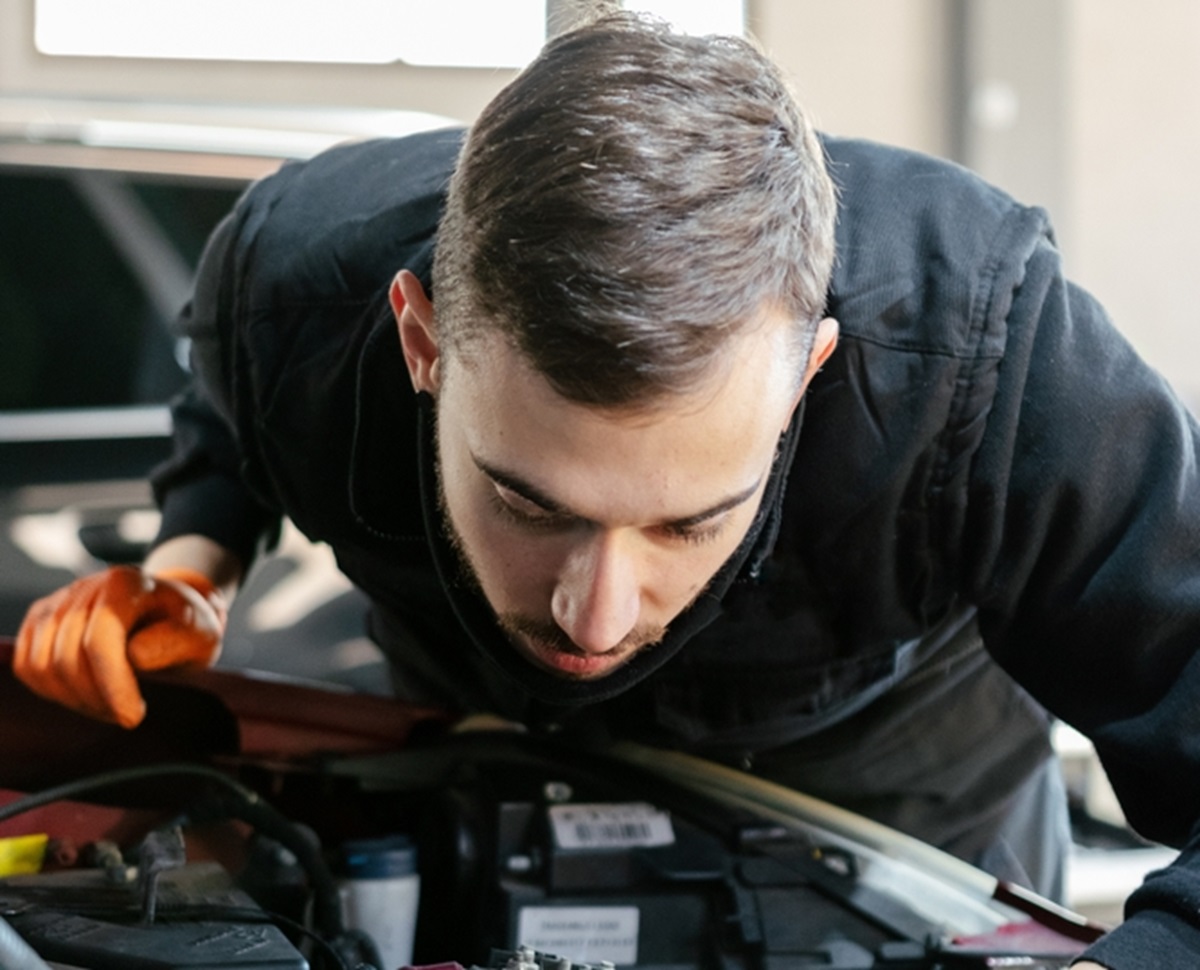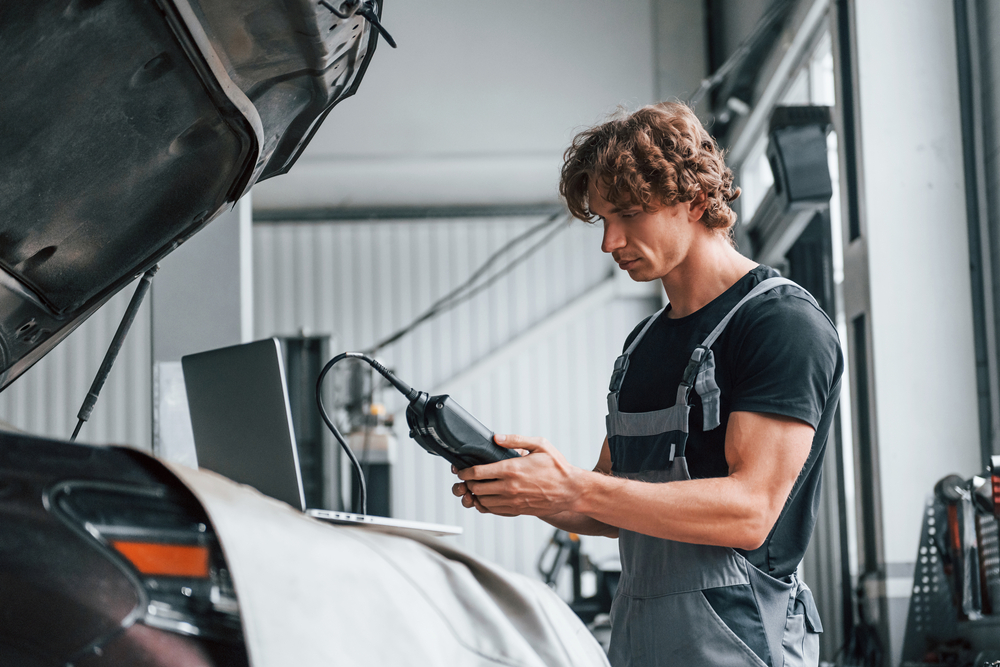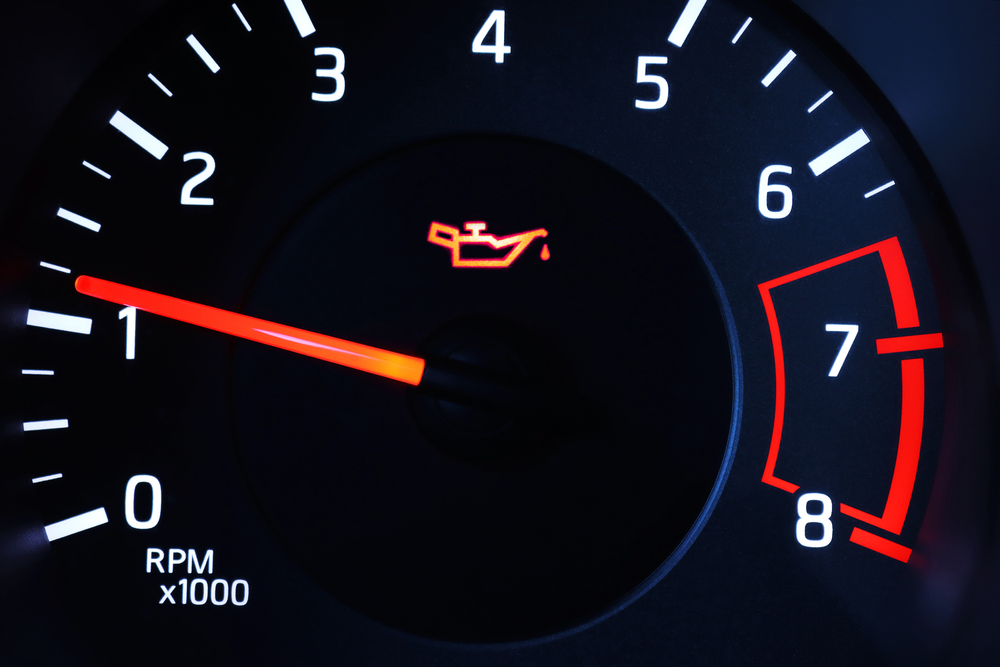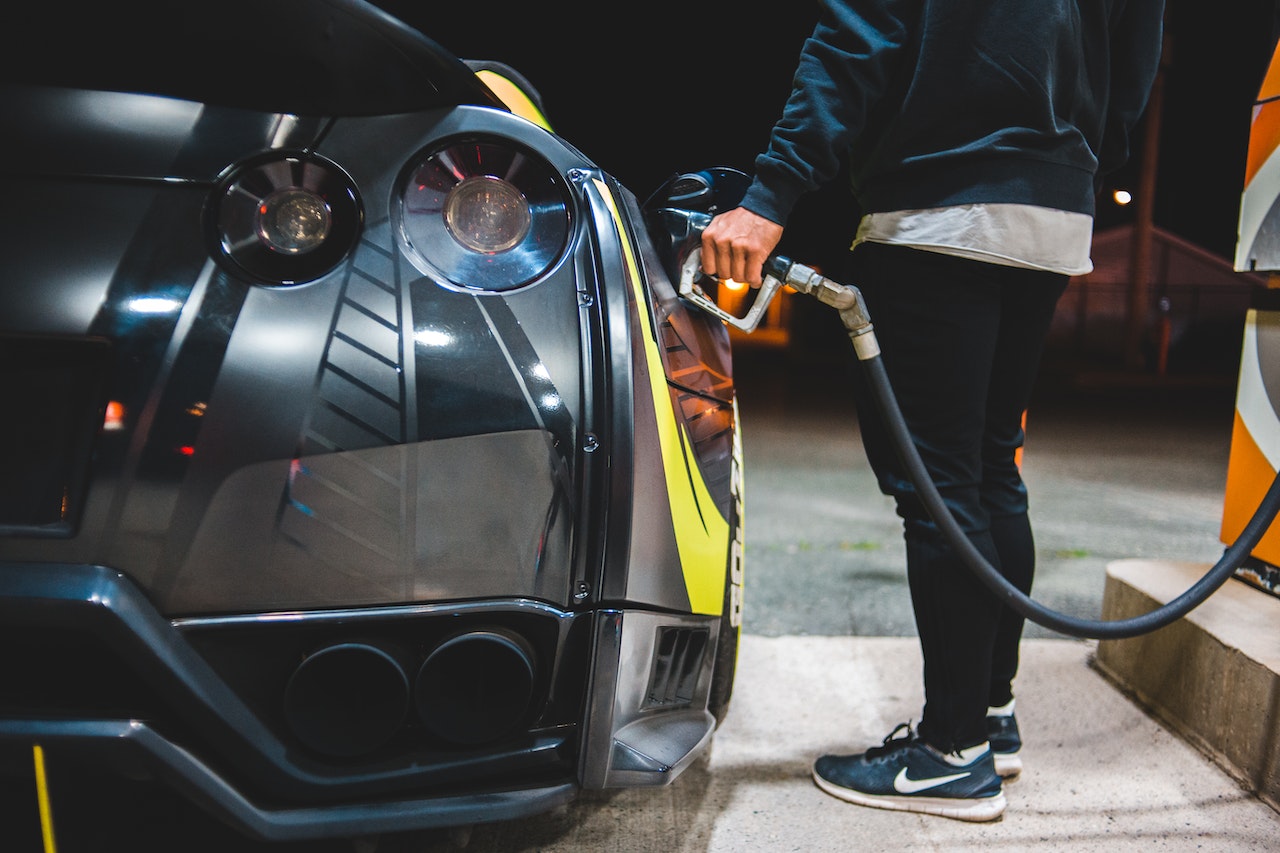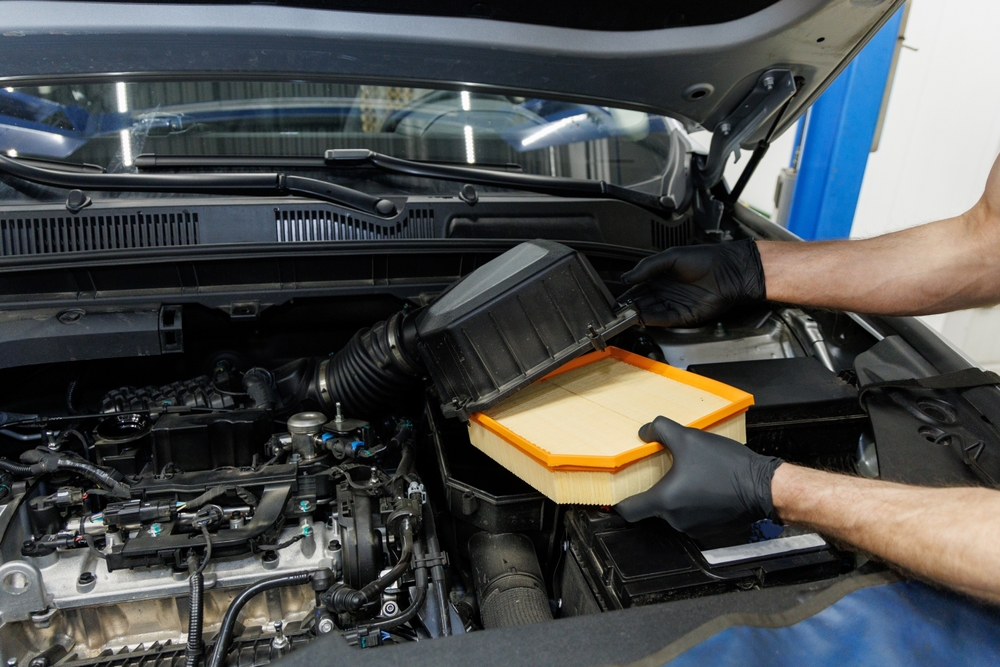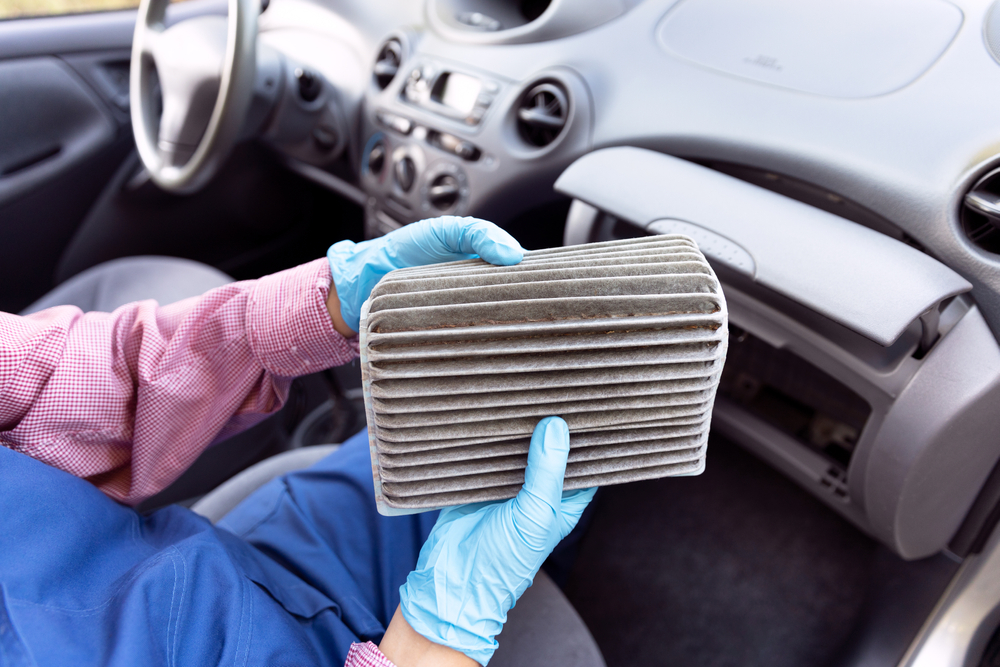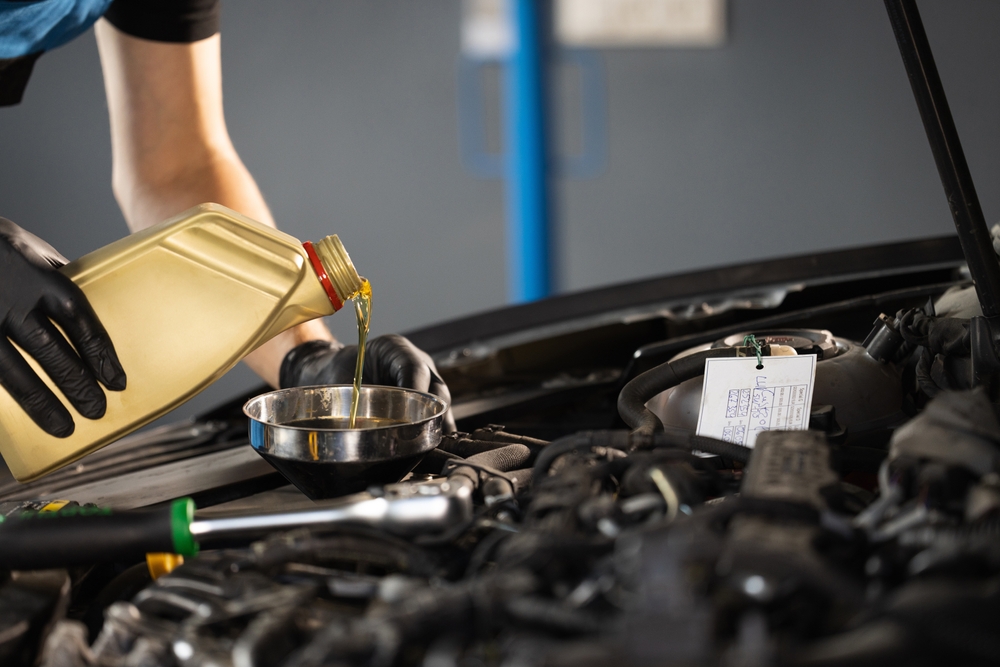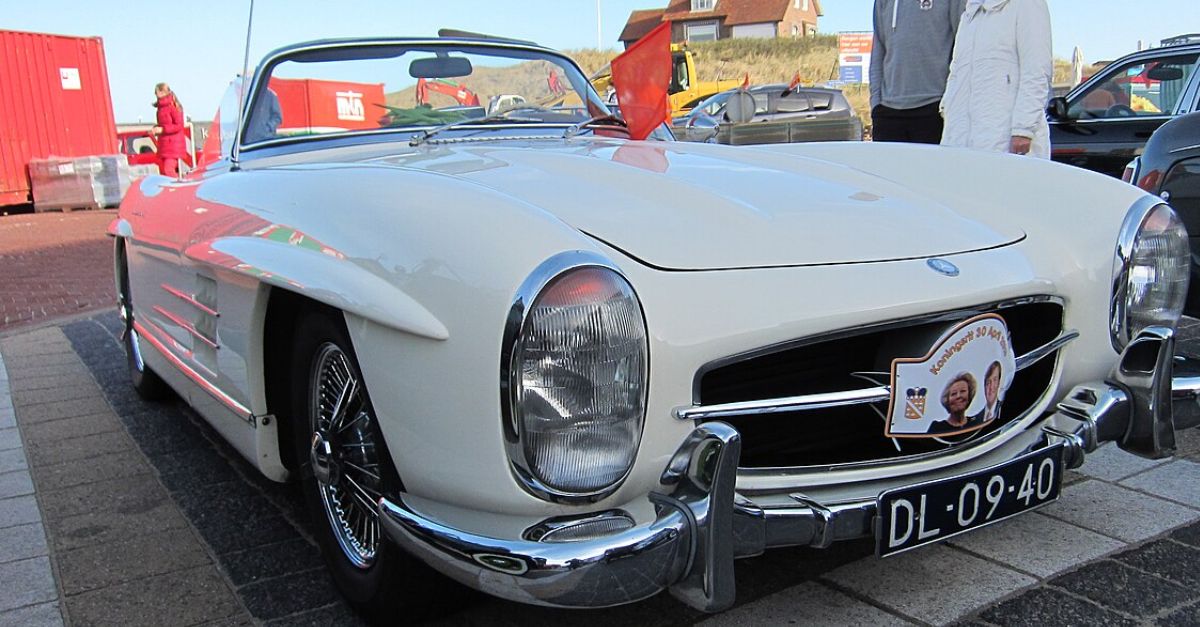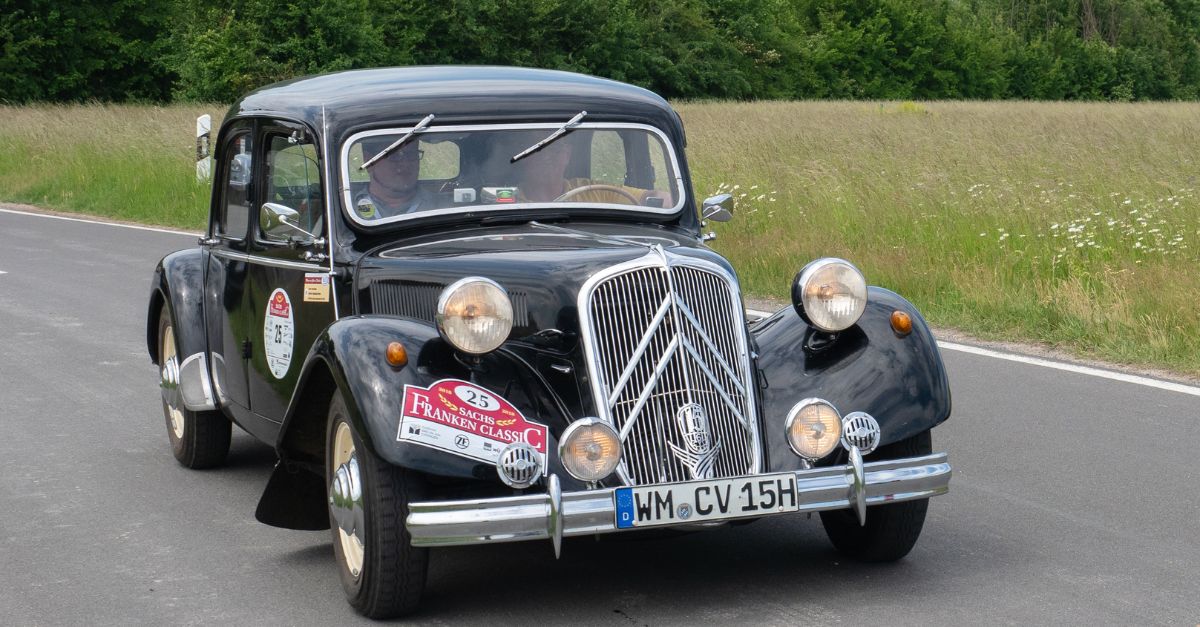Driving Costs Down
There's no way around it. Cars are expensive. But they don't necessarily have to be as expensive as they are for some of us. When it comes to car repairs and maintenance, there are some things we all do that we can stop doing—that won't hurt the car but will help our wallets. Sounds like a win-win to us.
Lube Job
It sure sounds important, but unless you have a heavy duty pickup truck, or something in that vein, you probably don't need to bother with lube jobs. Check that owner's manual.
Regular Tune-Ups
Back in the day, a regular tune-up was probably a good thing—have someone take a look and make sure everything is working as it should be. But these days, with all the computer systems built into automobiles, you're getting a regular tune-up every time you drive the car. That's what all those lights and indicators are for. If something isn't right, your car will tell you. And on that note...
Don't Ignore Those Lights
There's an idiom known as the Snowball Effect, referring to "a situation in which something increases in size or importance at a faster and faster rate"—which is exactly what can happen if you ignore those dashboard lights and indicators. Something that might initially be a fairly easy and relatively inexpensive repair could "snowball" into a much bigger problem the longer you stare at those lights without making an appointment with your mechanic.
Premium Fuel
Premium gas does have value for some higher-end cars. However, for the rest of us, the only real difference it makes is to our wallets. 87 octane is perfectly fine. Want another way to save money on gas?
Change Your Air Filter
As much as there are repairs we're doing on our vehicles that we don't need to be, there is also maintenance we should be doing that most of us aren't—and replacing the air filter is one of them. A clogged up air filter can have a measurable impact on your car's fuel efficiency. So, swapping it out about every 25,000 miles will save you money at the pump. While we're on the topic of filters...
Replacing The Cabin Air Filter
We're not saying you don't have to replace the cabin air filter—because you probably should about once a year (per most service manuals). However, this is a job you can do yourself. You can usually get to the filter via the glove compartment and switching it out for a new one is easy peasy. No need for a trip to the garage for this one.
Going To The Dealership For Repairs
You've probably heard that taking your car to the dealership for repairs will cost more. While we'd love to tell you this is a myth, it really isn't. Parts, and especially labor costs can be significantly higher at the dealership as compared to an independent mechanic.
3,000 Mile Oil Changes
It's true that the recommended mileage between oil changes used to be 3,000 miles. But that was when the oils—and the cars—weren't as advanced and efficient as they are these days. Check your owners manual. You'll probably see that their recommendation falls more within the 5,000-7,500 miles range.
That's a pretty significant difference that could save you some cash. But that's not the only money-saving maneuver you can make when it comes to the oil in your vehicle.
Synthetic Oils
Like we talked about with premium fuel, if your car has a high-performance engine then yes, synthetic oil is definitely worth the extra cost. However, in non-high-performance vehicles—especially older cars—there is very little, if any, value in using a more expensive synthetic oil.


